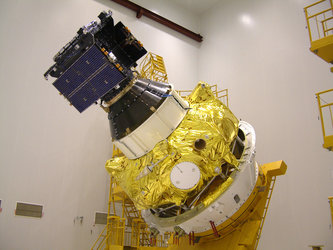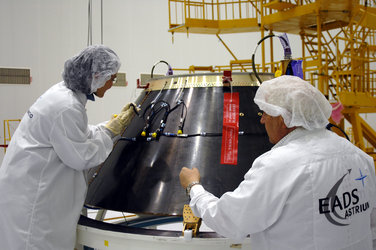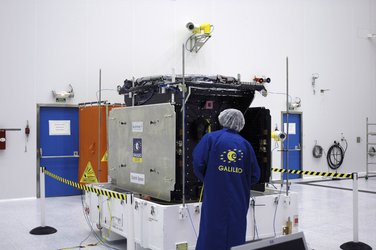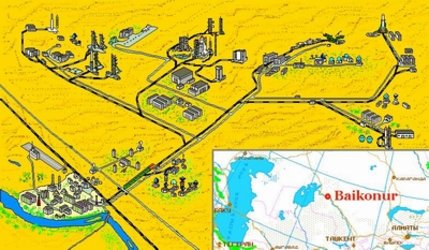Galileo – a global system
Galileo will be a global system, requiring partners around the world to develop its full potential. Therefore, Galileo will not just be the result of cooperation between European countries; it will involve an increasing number of other countries as well.
Cooperation with extra-European international partners will result in improved technical harmonisation with other global satellite navigation systems, strengthen the worldwide infrastructure required to operate the system and stimulate the market for Galileo applications across the world.
The European Union has already concluded cooperation agreements with a number of countries with a view to meeting its international cooperation objectives. In particular agreement has been reached with:
- the USA, in order to ensure interoperability and compatibility with GPS
- China and Israel, to create a framework for wide-scale cooperation in industrial, research and scientific activities, regional integrity monitoring and financial participation
Discussions are under way with the Russian Federation to create a cooperation mechanism whereby Galileo can benefit from the experience gained during the development and operation of Glonass, the Russian global satellite navigation system.
The number of countries wishing to participate in Galileo is expected to grow further. The European Commission is holding discussions with Australia, Brazil, India, Mexico, Morocco, South Korea and Ukraine, amongst others.
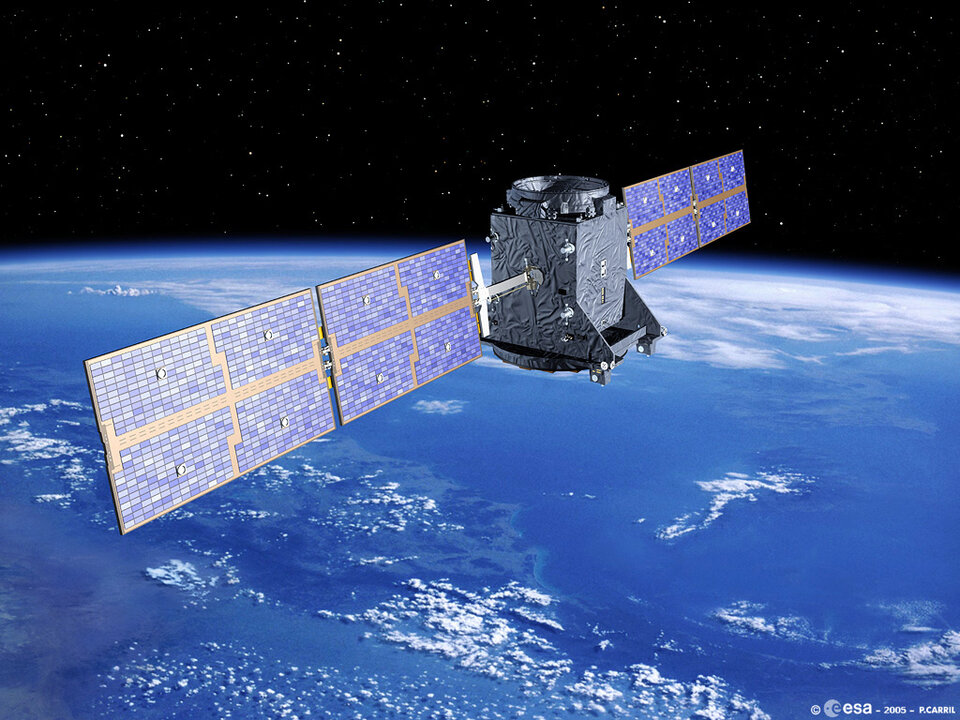
Within the scope of the cooperation agreements being concluded with the European Union, and as one of the underlying objectives of the international cooperation programme, a number of national organisations are establishing active participation in the Galileo Joint Undertaking (GJU). The GJU is the body set up by ESA and the European Union to develop the Galileo system.
In October 2004 the National Remote Sensing Centre of China became the first new member of the GJU. China has committed € 200 million in order to finance specific activities in the development and deployment phases. The development phase activities are designed to address the specific needs of China and complement the already established work programme for this phase by focussing on infrastructure, applications, research and market development.
Israel has also expressed its aim to invest in Galileo by joining the GJU. As the number of international partners continues to grow, Galileo will enhance its status as a truly global system.



